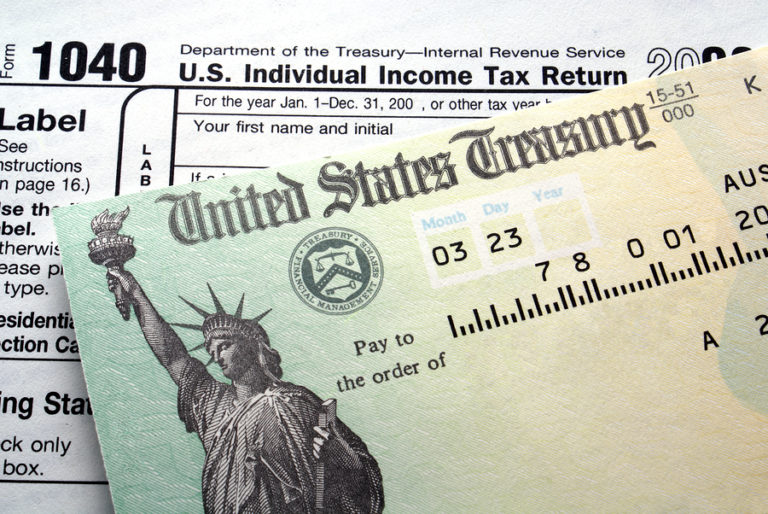DISCLAIMER: As the COVID-19 public health situation evolves, new regulations are being continually issued. This page/story/information may not include the most recent information.
OMAHA, Neb. (CAF) — How to spend your stimulus check.By Sam Hohman Posted: Wed 11:30 AM, Apr 15, 2020
As much as $1,200 is about to hit your ‘mailbox.” Do you have a plan on how to spend it?
An approved $2 trillion stimulus package that includes, among other provisions, a one-time $1,200 payment for qualifying adults whose income falls below a certain threshold. You need to know how to put that money to good use. Here is Credit Advisors Inc recommended top four areas to focus on during this crisis.
1. No prioritization? – Pay for housing
Housing is often your greatest monthly expense, so it’s not surprising to see that 28.4% of people intend to use their stimulus funds to cover their rent or mortgage. That said, mortgage lenders are issuing programs to allow borrowers to delay payments and some landlords are giving tenants extra time to pay. If you’re truly cash-strapped, it is important to see what options are available to you, especially if you need the money to buy immediate necessities like food and medicine. But understand that the roof over your head, and a plan to keep it there, should be among your highest priorities.
2. No plan? – Pay Down Debt
If you have your necessities covered; housing, food, medication, etc. It’s time think about putting that stimulus to work for you. Although it might seem strange to talk about using your stimulus check to pay off debt, it’s a great idea. No matter what kind of deferment or forebearance deals the creditors are offering, they are not going to pay down your debts. And those debts are impacting your credit scores.
Paying off debt is almost never a bad financial move. But think carefully about how to prioritize your debt payments. Even in these uncertain times, it’s usually a good idea to pay off the highest-interest debt first, such as credit card debt. Also, look at your options for forbearance or payment deferrals. That may help you determine who to pay.
3. Treating Yourself? – Create or Add to Emergency Savings
If you have no debt (or your debts are manageable) and you don’t have an adequate cash emergency fund in the bank, you may want to put some or all of your stimulus check into an emergency fund. In times of uncertainty, many people feel an extra sense of calm and confidence by having cash in the bank. The difference between living pay check to pay check and homelessness has been proven again and again to be access to an emergency fund. Even $500 can save you from ruin. Peace of mind may be the greatest way to treat yourself.
If you are married with two children, you could potentially receive $3,400 from this stimulus program ($1,200 per adult and $500 per child). That is a decent chunk of money to add to an emergency savings fund, even if you have to divert some of the money to immediate expenses and bills.
If you don’t have any immediate bills that are in danger of going unpaid, you may want to just put your stimulus check in a high-yield online savings account and let it earn interest for now.
4. Treating Others? – Add to Savings
For 42.3%, a stimulus check is a great opportunity to cushion your savings. Having some savings is a good thing – the more money you have on hand for unexpected expenses or to get through the tough times, like COVID-19, the better. If you don’t need the cash for immediate bills, it pays to stick it in the bank. With some smart savings you may be the one able to help others out of their next bind. Now that’s really treating others.
Just how will you spend your stimulus money?
Clearly, there are a lot of ways to put your stimulus payment to good use. Think carefully about your near-term needs as you decide where to put that money, keeping in mind that a recession may be on the horizon and your job may not be as secure as you think. It’s tempting to use that money to indulge, especially if you have a way to cover your bills for the time being. But if you have any question at all about your job security, or you think you could use a little more money in the bank, pad your emergency fund. It’s never a bad idea
